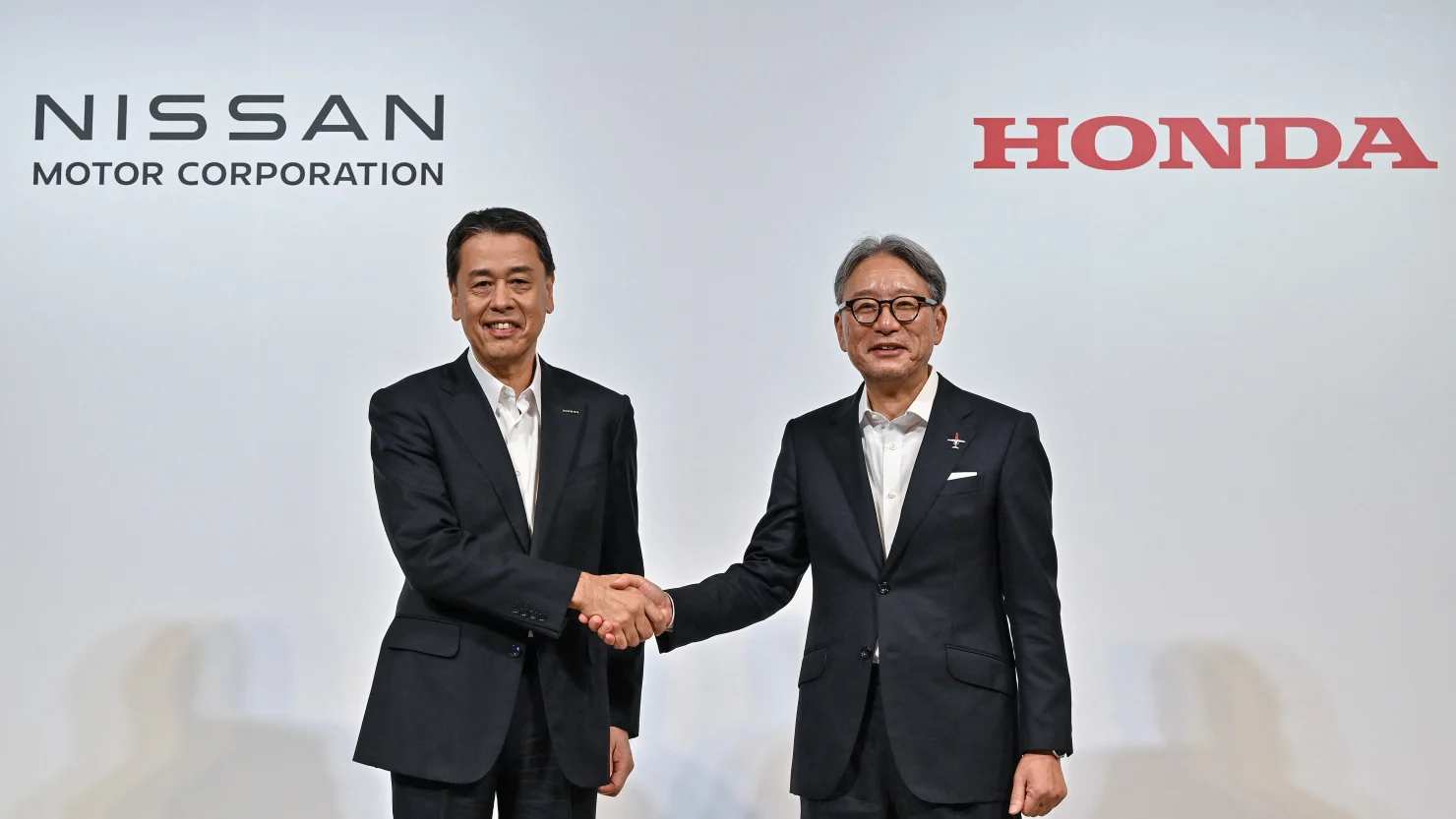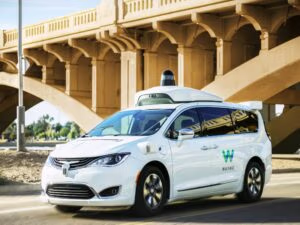Nissan Motor Co. shares experienced their best trading day in at least four decades on Wednesday, surging 23.7% after reports suggested a potential merger with Honda Motor Co.. The landmark deal, if confirmed, would position the companies to better compete with global automotive giants and expand investments in the rapidly growing electric vehicle (EV) market.
The Nikkei newspaper reported that the two Japanese automakers are exploring a merger under a holding company structure. The deal could later include Mitsubishi Motors Corp., in which Nissan holds a 24% stake, further consolidating the alliance.
Market Reaction and Statements
Nissan shares rallied nearly 24%, marking their largest one-day gain since at least 1985, per Factset data. Conversely, Honda shares dipped 3%, while Mitsubishi Motors gained 19.7% in reaction to the report.
In response to the news, Nissan released a statement denying any formal announcements about a merger, adding that it is “considering various possibilities for future collaboration with Honda and Mitsubishi Motors.”
Rationale Behind the Merger
In November, Nissan reported weaker-than-expected second-quarter results and revised its full-year revenue and operating outlook downward. The automaker also announced plans to cut 9,000 jobs and reduce global production capacity by 20%, citing intense competition. According to Joe McCabe, CEO of AutoForecast Solutions, Nissan has lacked a clear leadership position across its market segments since its strained partnership with Renault; he told CNBC.
Automakers worldwide are grappling with the transition to EVs, while legacy internal combustion engine (ICE) businesses face shrinking demand. New tariffs proposed by President-elect Donald Trump could further disrupt global supply chains, potentially requiring massive restructuring for Japanese automakers.
The combined entity would sell over 8 million vehicles annually, trailing Toyota Motor Corp. and Volkswagen AG, but offering significant production and R&D efficiencies. Furthermore, the alliance would pool expertise across hybrids, battery electric vehicles (BEVs), and hydrogen fuel cell vehicles, creating a competitive edge in the EV market. By sharing costs for R&D, the merged company could de-risk innovation and accelerate development of next-generation mobility technologies.
Despite the potential synergies, the merger is not without obstacles. Integrating operations across three companies with differing corporate cultures and strategies poses significant challenges.The global EV sector remains fiercely competitive, with dominant players like Tesla and BYD setting the pace. However, Vivek Vaidya of Frost & Sullivan believes the merger could redefine the Japanese auto industry by strengthening its position in global markets. He described the tie-up as a strategic move to “gain access to technology, de-risk innovation, and create economies of scale.”
If finalized, the Nissan-Honda-Mitsubishi merger would be the largest in the auto industry since Fiat Chrysler and PSA Groupe merged to form Stellantis in January 2021. As automakers brace for an EV-dominated future, such consolidations underscore the industry’s drive to remain competitive in the face of disruptive changes.
While Nissan has yet to confirm the merger, the market’s reaction highlights the potential transformation a partnership with Honda could bring. Whether this merger materializes or not, it underscores the critical need for automakers to adapt to evolving market conditions and technological shifts.





